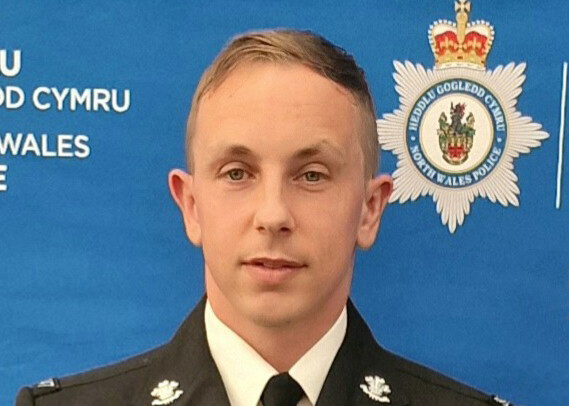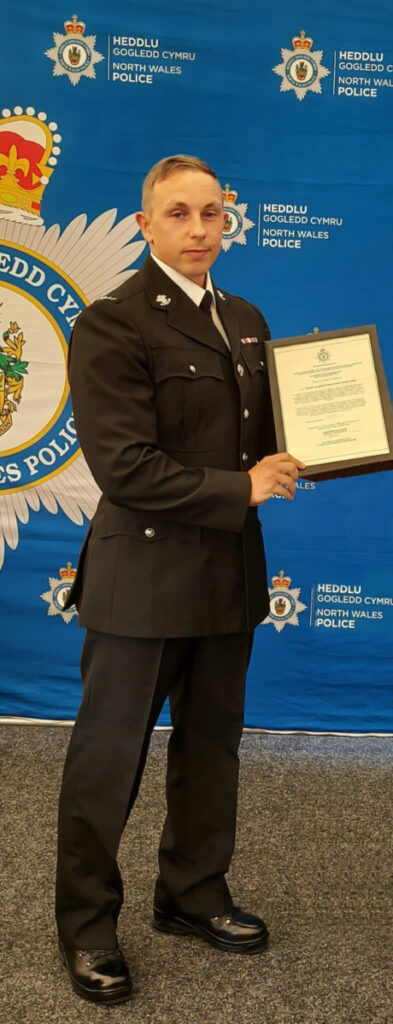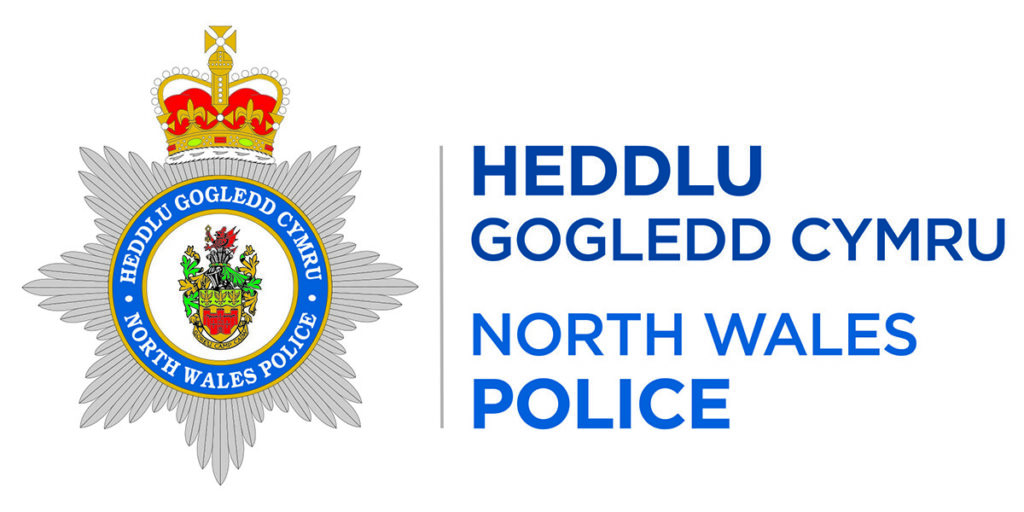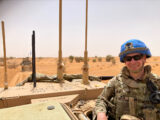
Civvy Life – Transitioning into the police
Robert Williams left the Army last year and already feels at home in his new role with North Wales Police.
What’s your Military background?
I joined 39 Regiment Royal Artillery in 2009 and was involved with, multiple launch rocket systems (MLRS). I deployed on Op Herrick 16 in 2012 to Afghanistan for an eight month tour. I then transitioned to 19 Regiment Royal Artillery – The Scottish Gunners, taking part in forward observations. I travelled to Canada, Israel, Germany, Greece, Spain, and the USA.
I moved on to 26 Regiment, back to MLRS. I was fortunate enough to be selected to be an instructor at the Army Foundation College in Harrogate to teach phase one. I was promoted to Sergeant in 2020 before deciding that it was time to move on in March 2022.
How was resettlement?
I thought it was time to move on because I had a wife and two boys and I was missing out on quite a lot of stuff. That sort of disciplined structure, in the police, is something that provides a good work-life balance. So, I just made the decision that I’d go for it, rather than leave it any later.
You must have applied to join North Wales Police before you left the Army…
I knew people in North Wales Police and they said that it could be quite a long process so I decided to apply for it before I left. After you apply for your termination, you’ve got a year, basically, until you’re out in civilian life. From what I’d heard, the application could take longer than that, so I thought I’d apply first and then use my leave, to facilitate any sort of interviews if I was to progress. Before I knew it, the process was going a lot faster because I was passing exams first time and getting on to the next stage very quickly. I applied for termination and made my Commander aware of the process and the timeframe and they facilitated it. It just went a lot quicker than I thought it would.
Did you take up any Career Transition Partnership support?
Yes, I did. Plan A was the police, but I attended an IOSH workplace health & safety course. I utilised my ELCAS credits because that was my plan B, if I wasn’t successful with the police.
I was focussed on getting ready to transition. I decided to leave in June and by September I’d already passed everything. I was a bit thrown, because I didn’t realise it would go that quickly.
North Wales Police has a really good relationship with Veterans. How has that played out in your own case?
I feel it gets you a little bit more respect. I’ll go into a parade room with people that I’ve not even met and they’ll say: ‘I’ve heard you’re ex-Military’. It’s almost like they judge you straightaway, in a positive way. I think they like the fact that you’ve already got that discipline and exposure to those aspects of the job.
How has civilian life treated you since you left?
I’m quite supported here. I’ve got big family; I’ve got my wife and boys. I’ve always been home for weekends. It’s good, because it’s nice to have a routine. North Wales Police schedule it so you’re working two days, two nights, and four off. It’s a nice balance anyway. I’ve certainly not struggled and I’ve still kept in contact with friends from the Military. A lot of them live locally but it’s not really something I miss.
It’s felt natural, I’ve not struggled in any area. It’s been a good transition.

What does North Wales Police get in return from working well with Veterans?
They have their own framework and code of ethics and the Military also provide that with their values and standards. You need integrity. The professional standards are the main thing I’ve noticed. There’s that team ethic. Just as with the Military, you can’t be an individual and it’s the same with the police. There are definitely lots of aspects of the Military that fit in with the way the police operate.
You must have to use those skills differently…
Communication skills, for example, are valuable; listening and being able to speak with people. If I think back to Afghanistan, everyone can see that a war can be hostile, but a lot of the scenarios and on patrols, my communication skills were just used in rapport building. That can be a good asset to have in the police, where you don’t want to be gung ho in a job and escalating the situation. If you just talk with people, you’re already halfway there. A lot of jobs that I’ve dealt with so far, I’ve managed to deal with just from communication alone.
I was quite fortunate to have my own Troop in the Military, where I was looking after 22 people, all from different backgrounds. So, it’s just speaking with people like that. I’ve dealt with a lot of 16 year-old recruits and with the police, there’s a lot of thinking about safeguarding, so I can utilise that experience.
What’s your best piece of advice for Service-leavers currently considering a post-Forces police career?
I’d like to see more Military veterans in the police because it’s very similar to the Army in the way it’s structured.
Speak to people that are already in the police service that are Veterans, to gain their point of view, because that’s the best knowledge that they’re going to get, because you’ve gone through the same experiences.
I know a lot of people have been worried about the academic side of it but it’s certainly achievable. I’m 34 years of age, with a wife and two kids, and I managed to get every assignment in on time. It’s definitely not something that is an issue in the police.

Visit: www.northwales.police.uk



